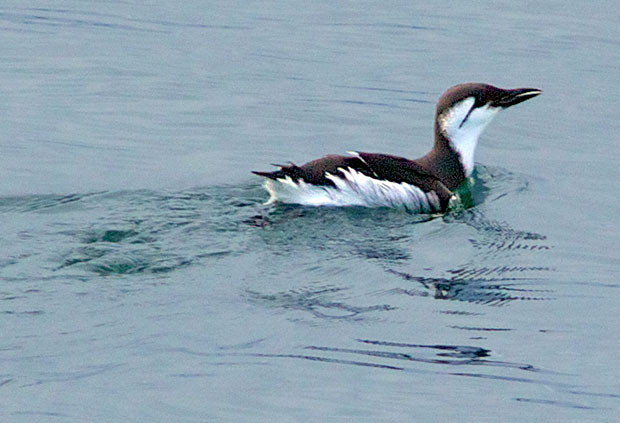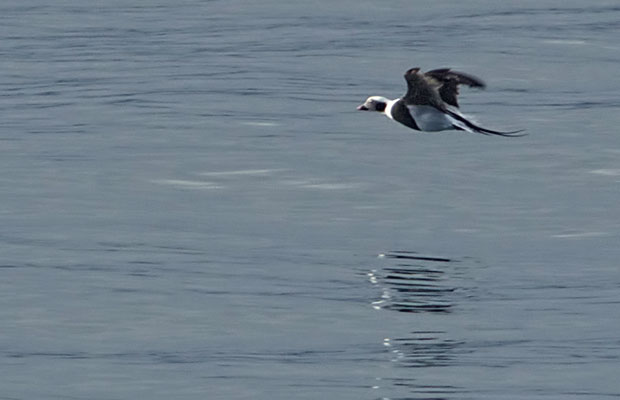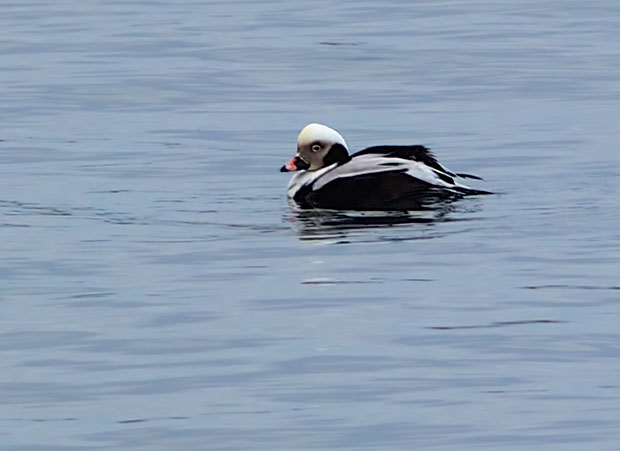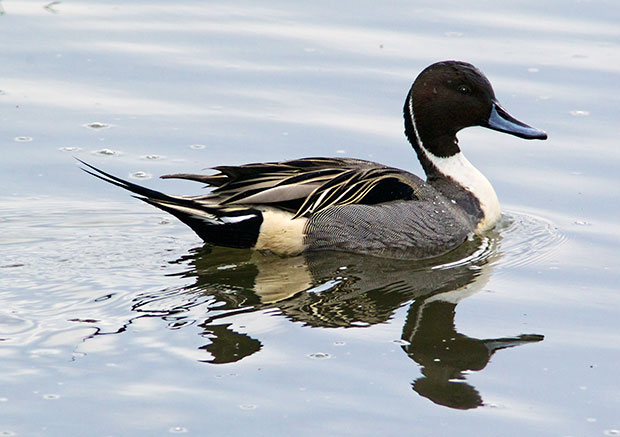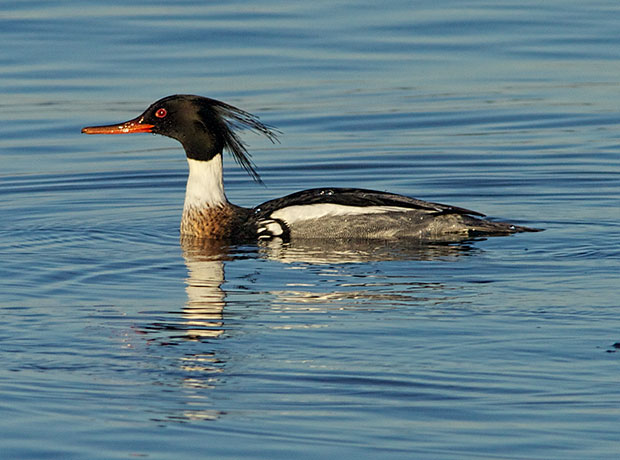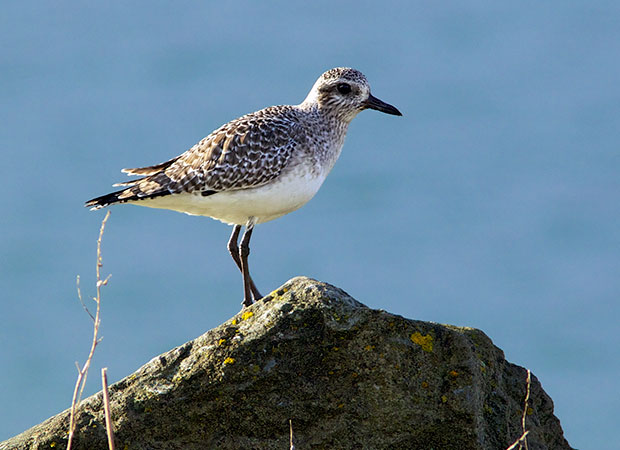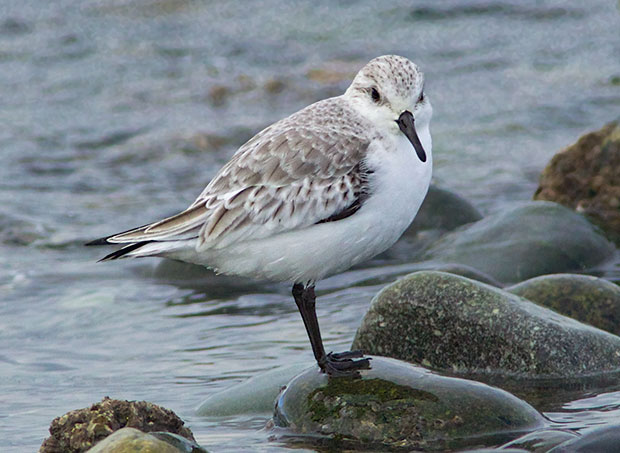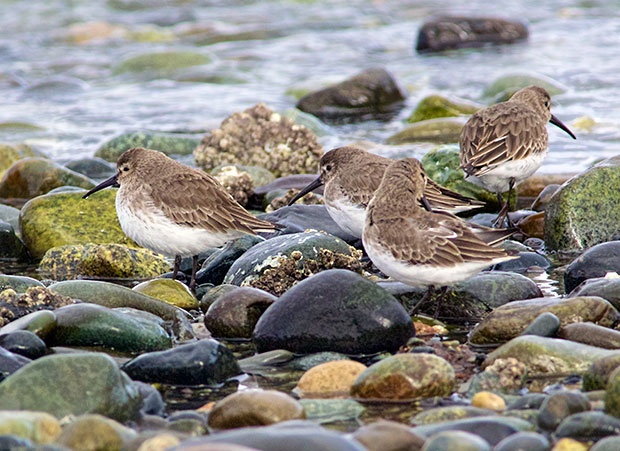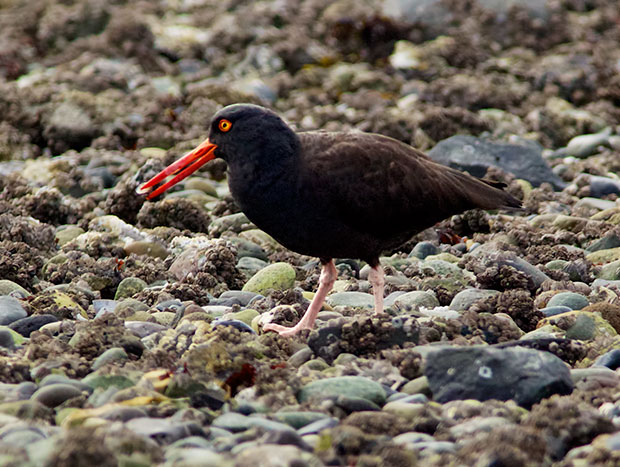After finishing The Way of the Dreamcatcher I was looking for additional books about Robert Lax and discovered A Catch of Anti-letters by Thomas Merton and Lax. I finally finished reading it today. In retrospect, I don’t think I would buy it, or read it, again, though I did gain some new insights into both Lax and Merton, though there were certainly hints of the same traits in The Way of the Dreamcatcher.
Unfortunately, I also reminded myself why I never pursued a PHD. Although I love reading primary sources, i.e. poetry books or novels, I have no great love for secondary works, and I would certainly consider Anti-letters a secondary source. The book is not as boring as most secondary sources or critical essays for there were some entertaining moments in the book, but I suspect much of what’s here would mainly interest serious scholars or literary critics, and I ain’t one of them.
What the book did confirm was that Lax and Merton had a real sense of humor, that they were fond of puns and “inside jokes.” The book begins with a letter from Lax informing Merton that he was applying for a Guggenheim grant and had used Merton as a reference:
Here is a short note from the Insuls of Greichland to say that I have applied for a yo-ho-ho-erie from the Guggenhaus—that I have named you as my luckiest staretz and have given them right to ask you a frank appraisal of my staves.
Be frank, it is the only thing to be with the googenhows. (If you are not allowed to write, then leave it to Bro. Hilarion and if he not, to Brother Cellarer and if he not, Brother Barnabus, or anyone you like among the tigers.)
I don’t think I ever noticed any humor in Lax’s poetry, though he used phrases like “yo-ho-ho-erie” in his conversations with Georgiou. It’s not quite the attitude I would have expected from someone who had applied for a Guggenheim grant. I’m not sure what he means by “staretz” or “staves,” but unfortunatelyI didn’t feel motivated enough to hunt down their meaning, either.
Merton’s reply was perhaps even more surprising to me.
And so, my Dear Waldo,
lt turns out that you are among the Greeks. This is clearly educational, especially as you refer to your Guggenhappy fellowspot, which is of an educational nature. And education is, I feel, what most interests the Googenspit. What then shall l tell them in my frank appraisals? Shall l not conceal how you hoot at the educations? Fifty dollars. Shall I not make hidden your scorn of the university? Fifty dollars. Shall I not bury in oblivion your contempt for the Greed’s eppig Hornware, Suffoelits, Europates, Askils? All you have contemned and spurned. Fifty dollars. Apart from that I will make light of Goggenball and fling reservation to the winds. How do you send me the sheets, the pencils, the carbons, the erasers and the microcards with which I am to inform of your spirits? Hath a high spirit, is indomitable, kicked over the traces at Columbia U., flouted Dean Hawkes, thumbed nose at Prexy Butler, a man of indomitable energies and corruscating Russian humors, burned all the books of the Greeks, smiled only at ]ohn O Hara.
No. This was only a joke: I will indite a long homework of praises for you bei dem Guggenfellow, a veritable epic in itself, substance and accident, category and isagoge, Porphyry and Isocrates shall spring into the gap with a pithy quip at the wrong instant, spoiling all, upsetting Guggy from his swivelchair. And you shall have millions wherever you go, principally in the lnsels.
Let it suffice to say that the typewriter shall creak with your happy praises and the fellowships will be edified. Signed Staretz Nikodim.
At first it’s almost as hard to imagine Lax a college rebel as it is to believe Merton would even joke about bribes, but considering the lifestyle Lax finally chose and how radically different his poetry is, it’s seems plausible he was a radical. I’ll readily admit, again, that I didn’t understand most of the references here and at least a third of the words seem to be invented-words but I still felt no compunction to discover their meaning. Still, it’s refreshing to discover this down-to-earth, humorous side of their nature, even if I don’t exactly share the same sense of humor. Their constant punning and word play also helped me to understand why Lax told Georgiou that Joyce’s Finnegan’s Wake was one of the greatest contemporary novels, a novel I looked at and immediately refused to read.
Although this sense of humor dominates their correspondence, more serious moments appear, too, as one might expect. This short note from Lax helps to explain Lax’s retreat to a Greek island:
dear friends in the outer circle of the john stuart mill society:
i address you once agin in my new listless style feeling it to be the most appropriate to our times, filled as they are with utterly meaningless bustle. bustles says the machine; filled as they are with utterly meaningless bustles.
While some critics might consider his minimalist poetry “listeless,” and perhaps this choice of words actually refers to such criticism, it’s clear he sees his meditative poetry as a rebuttal of the machine age’s demand for a hectic lifestyle.
Merton commonly mentioned his health issues in his letters to Lax, and though Lax’s sympathy is clear in his replies, he almost invariably tempers that sympathy with humor:
Bien cher Feuerbach,
i am prized with sorrow when i see that while i was off at the shootings in athens you were at that time fed by science in the hospital & forced to eat the ground-up innocuous foods. i am laffs again when i see that you are only a stumble across the hall from the co’colas & the milky ways, & that you are visited in your splatz by the tray-dropping jailbaits. this should not put you off in your thoughts. dropping a tray is only a way of asking for counsel. i know this because i had a great whale of a nurse once who dropped a tray, & i know she was asking for counsel.
the gut tangle, as you’ve rightly supposed, comes from thinking too much & living in the wrong country. i used to get it everytime i’d set foot on the island of new york. this would often end up in the hospital, the clickity-click down the hall & the wavery appearance of your friends in the recovery room.
it is good if they only feed you the mashes. you must be obedient to the mashes & the milky ways. always swallowing down the one & not neglecting the other. & you must act benignly, like a benign 50-year old author, toward the small trembling girls & you will not be sorry. very small girls, like 8 & 10, stand outside the door & call my name all day. they do not invite me to their parties yet, but i know they will.
i too am full of hostility, even on kalymnos, but most of the time it does not make knots in my stomach. a good thing, too, because the only hospital they have around here is for fish. if a fish looks bad, they take it off to the hospital & make it look good. but there is no such thing as a greek looking bad. if a greek looks bad, he’s dead.
what i mean is that there is no such thing as a greek either looking or being tired. getting tired is something that seems to happen to strangers. sometimes they get tired of greeks. greeks never get tired of anything.
I like the way Lax sneaks in his diagnosis of the cause of Merton’s ailments: thinking too much and living in the wrong country. Of course, the letters were written in the midst of the Vietnam War and I’m sure there was enough hostility in the air to drive pacifists like Lax and Merton to despair.
Although I resisted the temptation to look up most of the references I didn’t understand on the internet, I couldn’t resist the temptation to look up “Miss Velma” because she was referred to so often in the later letters.
Here’s an early reference by Merton:
Hoy: While you sleep, while all Athens sleeps, Miss Velma [F] does not sleep. She is awake and fathoming the teen age mind. She is packing them into the pews next to the giraffe and the ape. I leave you to judge for yourself about the teen age giraffe. It works.
Lax’s reply to this letter was much longer,
Dear Dr. Klaventook,
Miss Velma keeps me awake night & day with her questions. I’d have written long before but it is always Miss Velma with a question: what am I made for? Where is we all going? You are going to Fukuoji-cho, Kyoto. You are going there tomorrow. Never mind the other questions & never mind about the giraffe. You are going to Kyoto on the morning train tomorrow.
And everything else l have is going to Kyoto, too. One thing at a time. One verse at a time. Kyoto is the place. The Japanese are harbingers of good.
It’s been a long, hard couple of seasons, I’ll tell you. First the films, as l told you, then the visitors, later the krankenhaus ‘(auf Athen). The stomach pump, the rheumatic pains in every conceivable joint. They are drifting away. I’ll be well again soon, with the help of St. Dominic Savio.
Miss Velma was first all answers & then in a sudden turn-about, all questions. Why am I dressed as a clown? Why am I leading a giraffe? How do I come to appear on Radio Kiev? (There was no way at all of apprising her of the facts.)
The fact is, she wanted to dress as a clown, she wanted to ride a giraffe, she wanted to call her sermon that day: “The Circus of Youth”—and all the rest. Well, there she is on her way to Kyoto, & I hope she finds it rewarding.
and his description drove me to finally look Velma up on the internet. It was surprisingly easy to find because Miss Velma was apparently quite popular.
Here’s a good starting point if you’d like to read more. Don’t miss the YouTube link at the bottom. At least on this point I actually shared their sense of humor.
Like this:
Like Loading...

